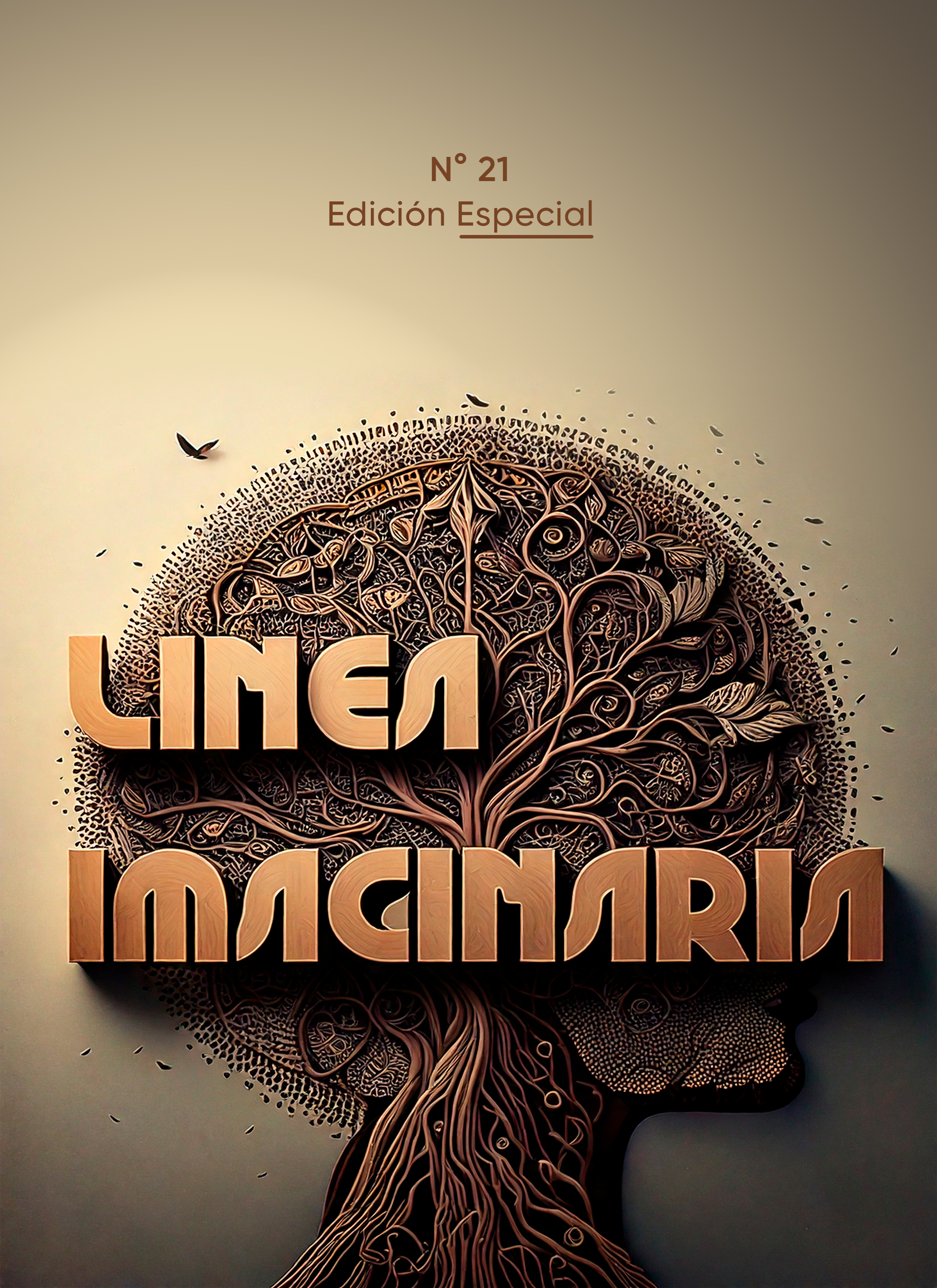LOS MEDIOS DE COMUNICACIÓN: PERSPECTIVAS DESDE EL PLANO DE SU DESEMPEÑO
Keywords:
Complexity, education, ethics, media, critical theoryAbstract
The media as the central axis of the study, which has currently been strongly questioned for its lack of objective performance and obscure purpose in the management of information and if based on opinions in any situation removed from the context. For the purposes of this study, an analysis from critical theory on the performance of the media and an ethical and educational perspective is lacking; the fundamental purpose was based on generating an analysis from critical theory that accounts for the performance of the media from an ethical and educational perspective. On the other hand, the deconstructing of the role of the media and its contribution to formative processes was taken into account, as well as, revealing the particularities of the performance of the media from different thoughts and, finally, reflecting on the ethical position regarding the performance of the media from its different thoughts. Supported by the postulates of critical theory and different authors who support it, in which the methodology was applied from a qualitative approach, interpretive paradigm, documentary analysis and a hermeneutic disquisition. The results were based on a view of the media from a complex perspective, including emotions, critical literacy, culture, advertising, religion, disruption, creativity, and politics, analyzed from the perspective of ethics and education.
Downloads
References
Ayala, C. (2001). Diez conceptos básicos en torno a los medios de comunicación. En C. Ayala, Comunicación alternativa y sociedad civil. (pág. 846). San Salvador: Digitalizado por Biblioteca "P. Florentino Idoate, S.J.".
Bauman, Z. (2002). La cultura como praxis. Barcelona: Paidós.
Blancarte, R. (1999). Religión, medios masivos de comunicación y poder. Sociológica, 183-198.
Bourdieu, P. (1999). Intelectuales, política y poder. Buenos Aires: EUDEBA.
Cassany, D. (2006). Tras las líneas. Bogotá D.C.: Anagrama.
Goleman, D. (1995). La inteligencia emocional. Buenos Aires: Lelibros.
Habermas, J. (1987). Teoría de la acción comunicacitva I. México D.F.: Taurus.
Habermas, J. (1992). Teoría de la acción comunicativa II. Ciudad de México: Taurus.
Martínez, M. (2015). Comportamiento humano. Nuevos métodos de investigación. México D.F.: Trillas.
Mayer, & Salovey. (1990). La inteligencia emocional. Barcelona: Paidos.
Morín, E. (1988). El paradigma de la complejidad. Barcelona: Camacol.
Morín, E. (1990). Introducción al pensamiento complejo. Barcelona: Gedisa.
Morín, E. (1994). Introducción al pensamiento complejo. Barcelona: Gedisa.
Palmer, R. (1969). ¿Qué es la hermenéutica? Madrid: Arco/Libros SL.
Pérez, O., & Velasco, J. (2007). Variaciones sobre el concepto de ética. CreaCiencia, 28-33.
Quintanal, J., Sánchez , J., García, M., García, J., González, D., López, M., . . . Osorio, J. (2024). Métodos y diseños de investigación en contextos socioeducativos. Bogotá D.C.: Ediciones de la U.
Sanchez, A. (1969). Ética. México DF: Grijalbo.
Downloads
Published
How to Cite
Issue
Section
License
Copyright (c) 2025 LÍNEA IMAGINARIA

This work is licensed under a Creative Commons Attribution-NonCommercial-ShareAlike 4.0 International License.
La revista Línea Imaginaria conserva los derechos patrimoniales (copyright) de las obras publicadas, que favorece y permite la reutilización de los mismos bajo la licencia Creative Commons Atribución-NoComercial-CompartirIgual 4.0 , por lo cual se pueden copiar, usar, difundir, transmitir y exponer públicamente, siempre que se cite la autoría y fuente original de su publicación (revista, editorial, URL y DOI de la obra), no se usen para fines comerciales u onerosos y se mencione la existencia y especificaciones de esta licencia de uso. Si remezcla, transforma o crea a partir del material, debe distribuir su contribución bajo la misma licencia del original.














